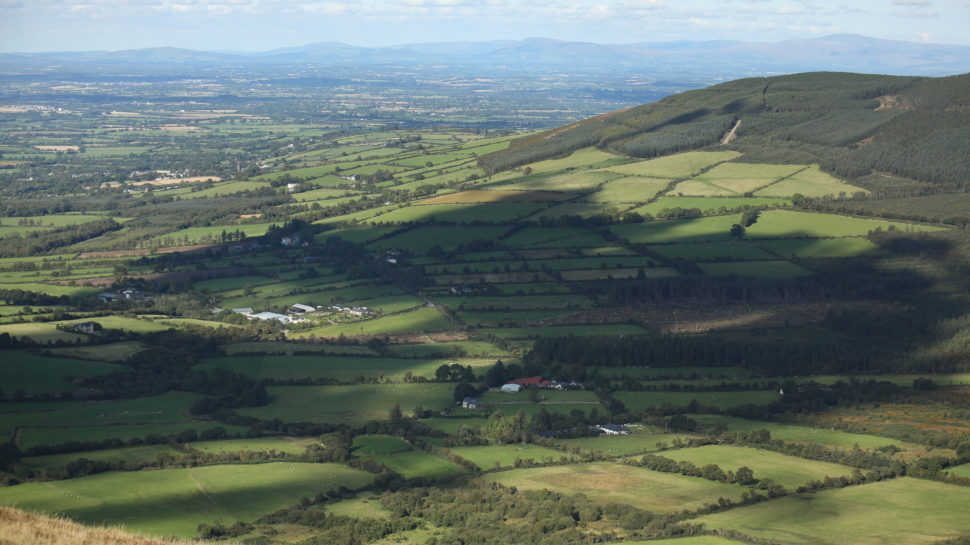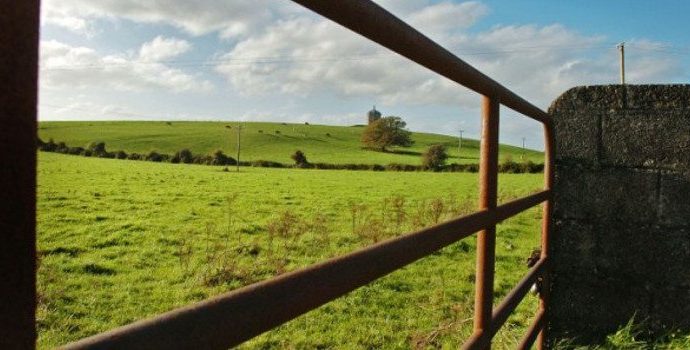Full Impact Assessment Needed on EU Nature Restoration Law

IFA Environment Chair Paul O’Brien and IFA Hill Farming Chair Cáillin Conneely met with representatives from the Department of Housing, Local Government & Heritage yesterday to voice farmers concerns in relation to the proposed EU Nature Restoration Law and its impact on farming.
Mr. O’Brien called for a full impact assessment to be undertaken to understand the implications of the proposed regulation on agriculture. “Farmers need to know how many hectares of farmland will be impacted, and the scope of the proposed restoration measures on these lands,” he said.
He said that in addition to specific restoration measures for agricultural ecosystems, including peaty soils, there are more comprehensive restoration targets encompassing a wide range of habitats and ecosystems that will have implications for farmland.
“I am very concerned that the targets, which will be legally binding up to 2050, will severely impact production on some farms. It’s essential that productive farmland is not restricted and that farmers rights are protected.”
He stressed that the scale of restoration proposed was daunting and could only be achieved if it a dedicated long-term financial mechanism for biodiversity is established that is not dependent on the CAP budget prior to the adoption of the regulation.
Mr. Conneely said that the proposed regulation was very worrying for farmers in designated areas who were concerned that the measures set out in the regulation will further restrict their ability to farm. He said there must be full engagement with farmers.
IFA agreed to meet regularly with the Department of Housing, Local Government & Heritage as they continued with the process of co-ordinating data from a range of Departments to develop a whole of Government position.




